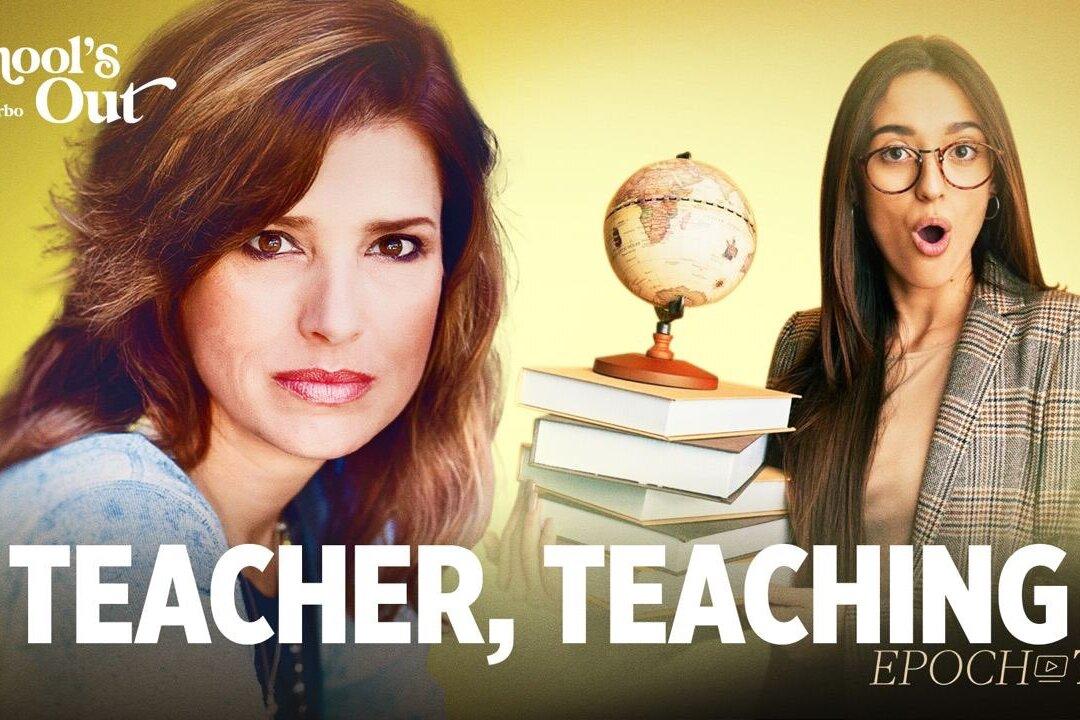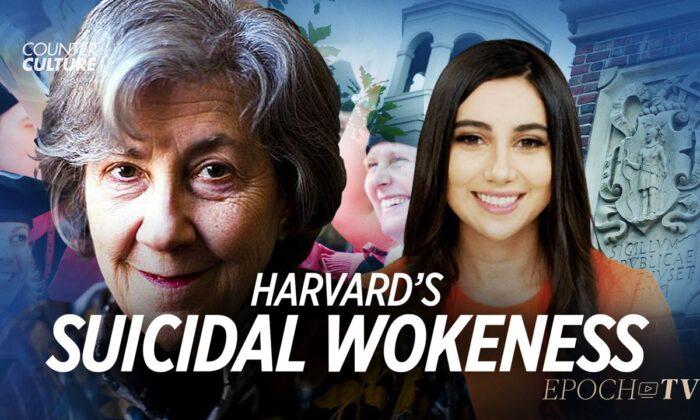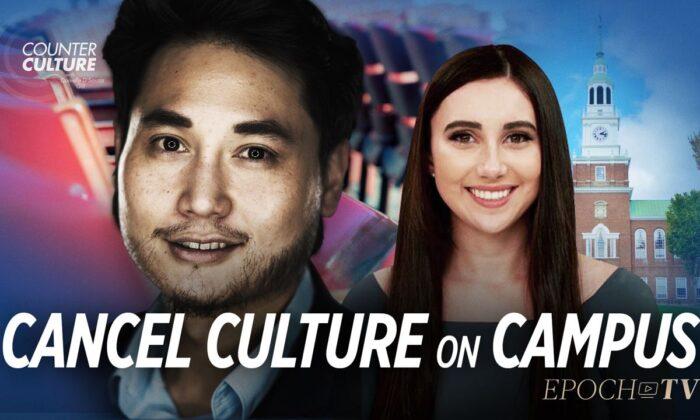The host begins by asking, “What is teaching and what makes an effective teacher?” Teaching is a verb which means to transfer from one thing to another. We teach students in an effort to give them a good education. We should examine what the desired outcome is of a good education. Instead of the desired outcome of getting into college or a good job, Sorbo suggests that the outcome of education should be “the ability to learn anything the student sets his or her mind and heart on.” When we look at our current education system, learning is institutionalized, and it makes learning new things a fearful and challenging prospect. A child is born naturally curious, and it is this curiosity that encourages learning. Sadly, our current system destroys this natural instinct that is so crucial to learning. Education should also help the student solidify who they are in the world. The host lists three results of a good education:
What Do We Expect From Our Teachers?
Teachers should be people who pour into students not only knowledge but good character, socials skills, virtue and getting them excited about learning. This can certainly be a daunting task as teachers work many times in overcrowded classrooms concentrating on test results. Sorbo quotes a professor of engineering at MIT, Harold Edgerton, who said, “The trick to education is to teach people in such a way that they don’ realize they are learning until it is too late.” The host also points out some things that make the job of teaching even harder. Much energy and time is spent with behavior modification, teaching things like critical race theory, gender assignment, new common core, and the new history curriculum called the 1619 Project. Having to spend so much time and energy on these things leaves little time for actual teaching.The 1619 Project
The 1619 Project emerged with the acclaim that New York Times correspondent Nikole Hannah-Jones received when she won a Pulitzer Prize for an article published about the consequences of slavery and the contributions of African-Americans in America. The article’s name is based off of a slave ship that arrived in Virginia in 1619. The aim of the project is to reframe American thinking by stating that the year 1619 was the actual birth of our nation. The New York Times printed the article along with essays, commentaries, and poems and created podcasts as well as a website. Soon after all this, the 1619 Project showed up in the curriculums of our public schools with lesson plans and other teaching materials being provided by the Pulitzer Center in Washington, D.C.Random House children’s books announced plans to release a picture book about the project. The project and its claims have been debunked by actual historians, but some teachers are still being asked by their administrations to teach this even though it goes against their beliefs. Many teachers and others have quit their jobs over this issue as they are forced to either compromise their values or resign. Being forced to teach something you don’t believe in eventually robs the teacher of the passion they have for teaching, and it becomes more about survival and just getting a paycheck. The host then compares teaching with acting. She relates how she prepared for auditions and then would go do the audition hoping to get the job. She stated it took about three auditions before she got an acting job. She realized that actors have a lot of down time and the saying “hurry up and wait” is definitely true. She stated an actor really gets to act about 5 percent of their day and the same is true for teachers. The rest of the time for teachers is spent wrapped up in the minutia that is required of them by the education system.
Sorbo then tells a story about a man she spoke to on a plane whose wife taught kindergarten. He said that several children in the class did not speak English so when instructions were given, they did not comply with the rest of the class. Much of her time was spent trying to communicate with and socialize the children who were different than the others. He said that he believes that is what education has come down to—socializing children and teaching them to conform so that education can be taught to a standard. The host states that teachers are doing a job that they were not intended to do. Education has become more about behavior modification and socialization than teaching.





